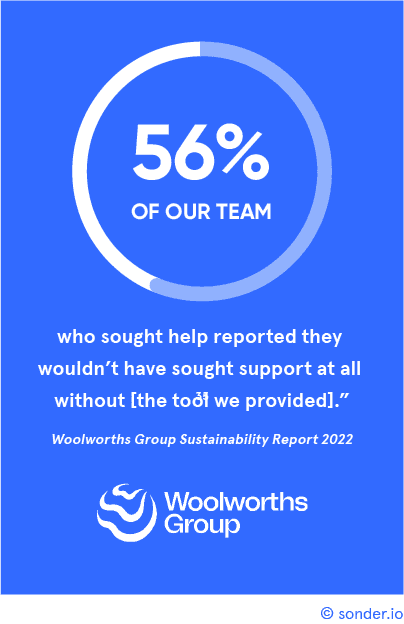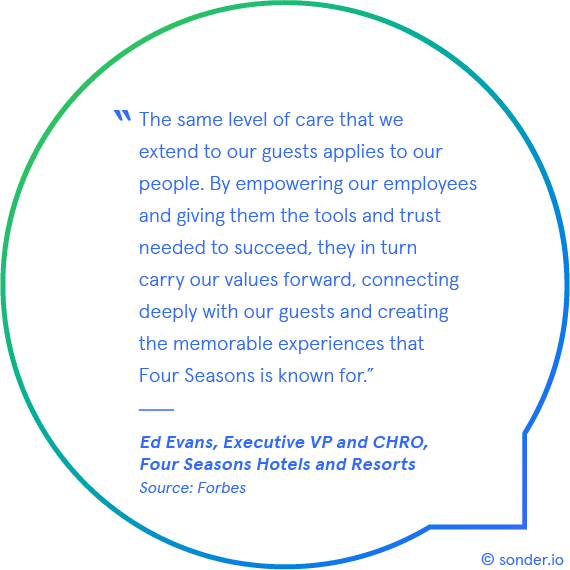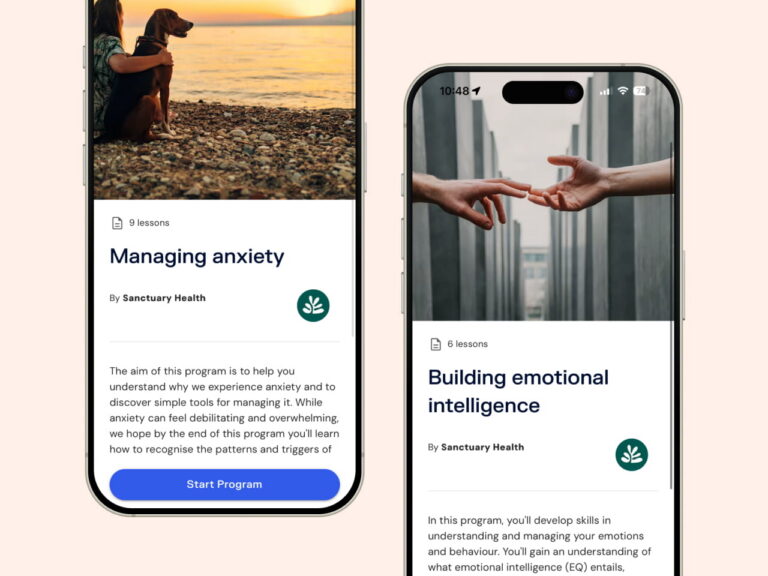The concept of empowerment is “rooted in the 1960s ideology of social action, which embraces community change, capacity building, and collectivity”. But, the term “empowerment” comes from American psychologist, Julian Rappaport, who in 1981 articulated it to describe the process “by which people, organisations, and communities gain mastery over their affairs”. Empowerment is about overcoming powerlessness and developing skills for self-sufficiency.
Technically, empowerment can be either a process, an emergent state, or an active behaviour, and it has different definitions nuanced for different contexts, but for our purposes:
- Employee empowerment is a management philosophy (popularised by the Total Quality Management movement) that prioritises giving employees the autonomy, resources, and support they need to act independently, to better assist an organisation to meet its goals.
- Patient empowerment is a multidimensional process of enhancing people’s abilities to meet their needs, solve their problems, and control their lives.
When you combine the two, you create an environment where employees can act independently and better control their lives – both at work and beyond.
Full reference list available here.

Can employees achieve empowerment by ability and motivation alone?
It is difficult for employees to achieve empowerment and break down barriers alone because empowerment requires a structural sharing of power, in addition to the provision of knowledge, resources, and meaningful support. This is particularly the case with health care.
In our recent article about why workers expect employers to help with their wellbeing, we provided evidence that employees do not have equal access to health care, and many workers need help to stay safe and well. Australians are waiting longer for urgent healthcare appointments, being turned away when their case is too complex, or delaying vital health care because of cost.
Interestingly, a study in England and Wales found that “People further down the social ladder usually run at least twice the risk of serious illness and premature death than those at the top”.
Full reference list available here.

Empowerment for better business outcomes
Research has regularly shown that employee empowerment is positively associated with a broad range of employee outcomes (such as job satisfaction, organisational commitment, and performance), and has produced many positive business outcomes.
For example:
- In May 2022, after Airbnb announced employees could work from wherever they were “most productive”, their careers page was viewed 800,000 times in four days. By empowering their employees and making them “really happy”, Airbnb increased attraction and satisfaction rates, and likely increased engagement and retention as well.
- In May 2021, a study of 23,468 workers in Europe showed that “structural empowerment positively related to psychological empowerment, which was positively related to job satisfaction, work engagement, and social wellbeing”.
- In March 2017, when Four Seasons was awarded Fortune’s 2017 “Great Place to Work Legend” when its employees named it employer-of-choice for the 20th consecutive year, they responded:

- In 2015, French biscuit manufacturer, Poult, reported that in the nine years following their organisation-wide efforts to build an entrepreneurial culture “that encourages employee involvement and empowerment”, revenue increased 33% to 210 million Euros.
- In the 2012 book, Employee Involvement and Total Quality Management: Practices and Results in Fortune 1000 Companies, Edward Lawler et. al. reported that Trader Joe’s, an American retail food chain, found that “more employee empowerment was accompanied by an increase in annual sales growth from 15 per cent to 26 per cent… In addition, sales volume increased more than 500 per cent over an eight-year period.”
Empowerment for better health outcomes
The example of diabetes
Source: Jorgo Chatzimarkakis, Member of the European Parliament, 2010
“The changing role of patients towards increased self‑responsibility in the management of their own condition is particularly evident in the case of diabetes, in particular type 2 diabetes.
The evolution of diabetes from a serious and potentially fatal disease to a manageable chronic condition would not have been possible without patients gaining the knowledge and capability to count carbohydrates, administer insulin, adjust their lifestyle, and maintain their motivation and discipline every single day of their life.
A breakthrough in this century-long process was achieved with the introduction of self-monitoring of blood glucose (SMBG) in the 1970s, freeing patients from the need for regular hospitalizations or consultations…
Empowering people with diabetes to self-monitor their blood glucose has proven effective not only for the individual patient but also for the health system as a whole…
The equation is simple but compelling: The costs of treating diabetes increase with the incidence of secondary complications, which trigger the need for hospitalization, emergency care, and treatment by a specialist.
The risk of secondary complications can be reduced effectively by managing diabetes on a daily basis and putting an empowered patient into the center of a well-structured management plan, as recommended in international guidelines.”
How are leaders using Active Care to empower their people?
Our next article in this series will explore how the best leaders are empowering their people with a culture of active care – to help their people stay safe and well and perform at their best.
To stay in the know, we invite you to follow us on LinkedIn and/or regularly check our Insights articles here.
About Sonder
Sonder is a technology company that helps organisations improve the wellbeing of their people so they perform at their best. Our mobile app provides immediate, 24/7 support from a team of safety, medical, and mental health professionals – plus onsite help for time-sensitive scenarios. Accredited by the Australian Council on Healthcare Standards (ACHS), our platform gives leaders the insights they need to act on tomorrow’s wellbeing challenges today.



